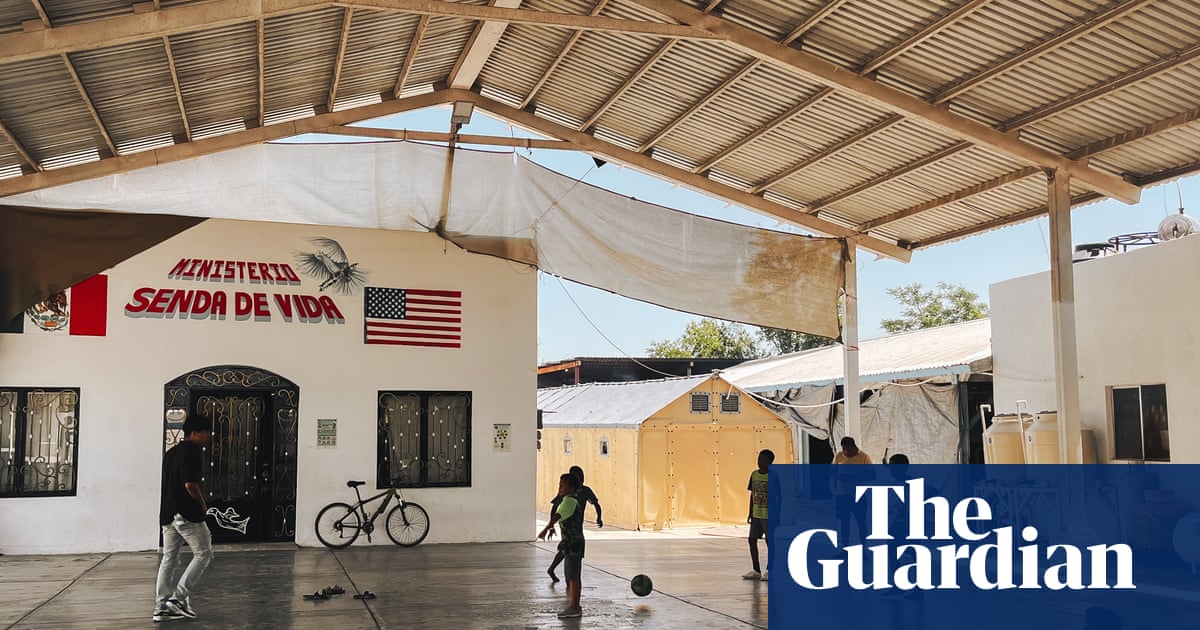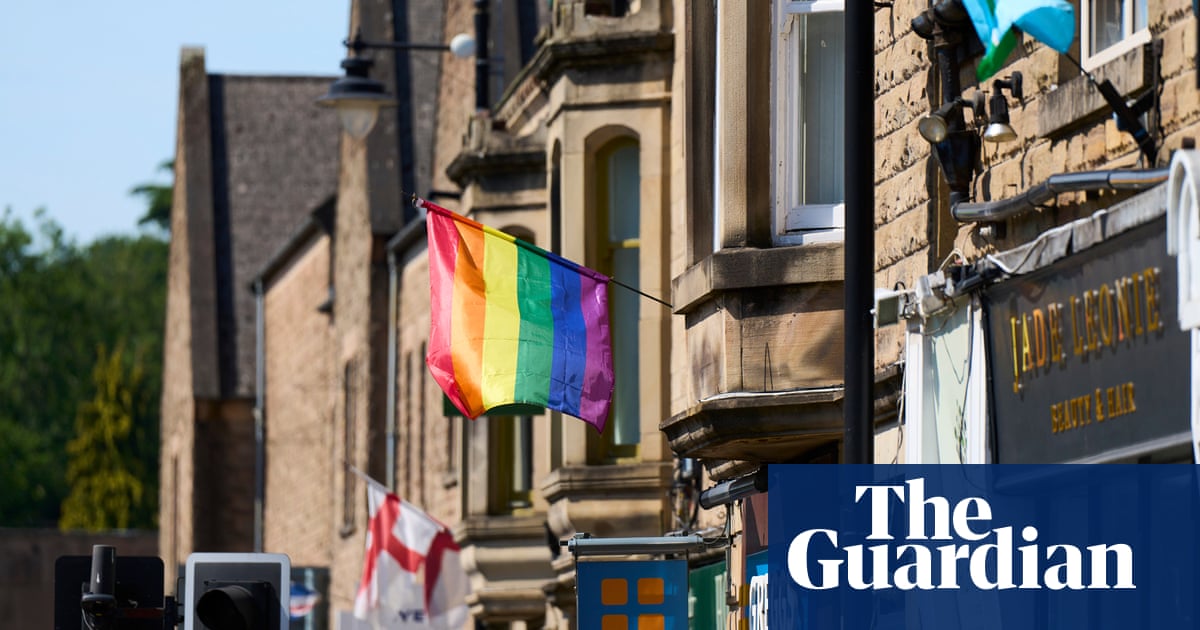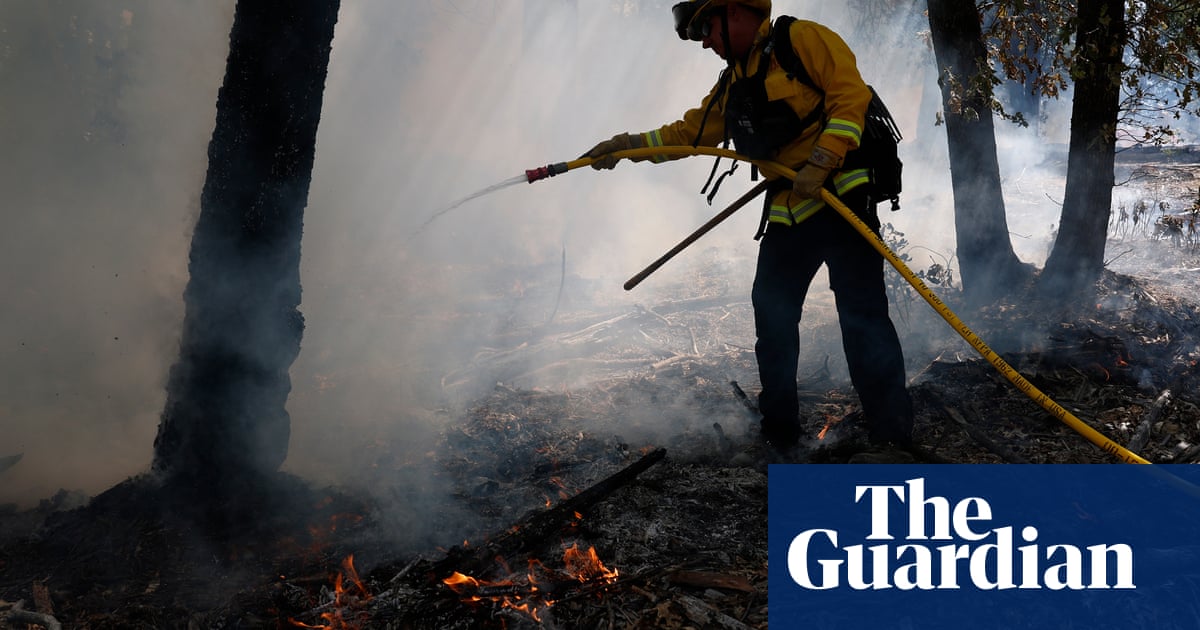Sometimes you need to leave a place before you can write about it, and Colwill Brown’s Doncaster from the late 90s to 2015 is that place. This lacerating, exhilarating debut novel, written almost entirely in South Yorkshire dialect, spans nearly 20 years in the lives of its protagonists Kel, Shaz and Rach, from the Spice Girls to the drug spice. It manages to be both boisterous and bleak, life-enhancing and life-denying, familiar and yet wholly original. It feels essential. You will probably read nothing else like it this year.
“Remember when we thought Donny wut whole world? Before we knew we wa Northern, when we seemed to be central, when we carved countries out ut farmers’ fields, biking through neck-high rapeseed, cutting tracks … ask anyone non-Northern, they’ll only know Donny as punchline of a joke, or place they changed trains once ont way to London.” The novel begins as a chorus, musing and retrospective, forcefully acerbic. Each chapter relays a separate, nonlinear, intensely involving incident. Sometimes a rueful, omniscient plural “we” is used; more often second- and first-person narratives spill out from one of the trio. In one chapter the girls’ names are changed to the characters they play in a school production of Romeo and Juliet, without identifying who is who.
It’s impossible to know where these stories will lead, and that is what makes the book fresh and exciting; just as it is occasionally unclear who is speaking. Where does the group end, and individual autonomy begin? One moment the three are loyal to the death, a tight-knit gang; the next fractured, angry and isolated. Brown lays bare what it is like to grow up a working-class girl in a small northern English city that has seen decades pass with little notion of “levelling up”.
We first encounter the girls at 15, queueing to get into a nightclub in nearby Sheffield. It is 2002. Later, we learn they’ve been clubbing since the age of 11, so-called Nappy Nights at their local in Donny. Sheffield is the big night out and they’ve dressed up accordingly: “us three stomped in doors in stripper heels … we arrived shoulders back, tits out, ready for the rave of our lives”.
At 6am, hungover and more (“Shaz had a little baggie of Es … Pills slipped down us throats”), the three dodge the fare for the 20 miles back to Doncaster by hiding in a train toilet. It’s here that the implicit hierarchy that marks their bond becomes clear – Rach is the better-off one, with a traditional family, house, car; Kel and Shaz are from single-parent homes, scraping by. Kel never knew her dad; Shaz grieves over the early death of hers. Shaz lives in the “rougher” end of town. Rach and Kel are firmly set on getting out, away, to university. For Shaz, the options are narrower. Brown, who now lives in the US, writes starkly about the lack of dignity for those forever trapped in the gig economy or worse. It’s these subtle differences, and the terrible secret one of the girls withholds from the others, that will determine their life choices and the gripping course of the novel.
Brown’s language is poetic and rhythmic, physical and distinct; it rarely falters apart from one or two very un-Donny-like Americanisms. Misogyny is ingrained from the off, and ugly. In the first chapter, Victory, a sadistic male sports teacher makes the girls play the boys at football in a snowstorm; this is not a game, rather a battle, ancient and bloody. The sense of danger and conflict rages throughout: Kel’s first boyfriend calls her “munter”; at the book’s centre is a serious sexual assault. It’s heavy reading, and yet in Brown’s hands the material somehow spins lighter. While the novel ends ambiguously, it’s also a reminder that in that long-ago football match, the girls’ side triumphed: “We said, fuck this!”

 2 months ago
35
2 months ago
35

















































